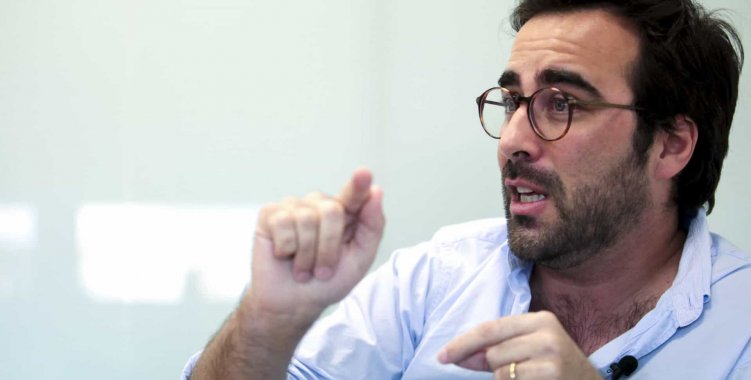After two months of emergency and a week of public calamity, the country currently has 86 cases of the disease and four deaths, with the Portuguese speaking country having the lowest number of infected.
The public health specialist, based in Luanda, believes that Angola has made a difference by taking early action.
"In January, the 4 de Fevereiro airport in Luanda already made a health check to all citizens who arrived with temperature measurement" and screening of travellers, adopting in February and early March "demanding measures" for citizens from countries with community movement, including mandatory quarantine and testing after 14 days of confinement, he told Lusa.
Public health measures such as social distancing and hand washing also helped to control the spread of the disease.
The fact that the population "was prepared for epidemics and quickly became aware of the ineffective" response of the incipient Angolan health system would also have contributed to many people deciding to adopt the confinement and hygiene rules recommended by the authorities, the doctor said.
"What is known is that the virus in Africa has not had the same devastating force as in other countries in the world," stressed Francisco Pavão, noting however that there is significant lack of knowledge about the circulation of the virus due to a lack of testing capacity.
"To know the circulation of the virus among the population we have to do tests and that is what is not being done here, either because of the difficulty in obtaining tests or because of the difficulty in obtaining materials," he explained, adding that only by increasing the number of tests will it be possible to "know who is infected, isolate and treat.
Asked about the approach adopted by the World Health Organisation to combat the disease, Francisco Pavão stressed that the basic measures recommended in public health to combat the circulation of a virus have been adopted: social distancing, respiratory tag measures, frequent hand washing.
Other measures such as quarantine or teleworking depend more on the social and economic conditions of the population.
"We know that this is not available to everyone," said the expert, pointing out that the population "endured the confinement measures with great courage and was able to adapt quickly to these demands," making homemade masks or adopting hand-washing systems in candongueiros.
Francisco Pavão also highlighted the "immense pedagogy" of the Angolan authorities that led to the measures promoted to control the spread of the disease quickly beginning to enter citizens' daily lives.
For example, while in Europe the use of masks was still being discussed, Angola was already adopting this individual protection measure, he said.
With the adoption of the state of disaster in Angola, which provides for the easing of some restrictions to prepare for a return to normality, Francisco Pavão considers it necessary to "monitor the behaviour of the epidemiological curve" in order to assess whether it is necessary to go back on some measures or not.
Francisco Pavão, also permanent secretary of the Portuguese Speaking Medical Community, says that "there are many assessments to be made when the disease is more under control", but it is possible for now to draw some lessons.
"What this health crisis has shown is that we all have a predominant and important role in containing and spreading the disease. We all have a role to play in reducing the transmission of the virus, in preventing the disease and in protecting others", he stressed.







